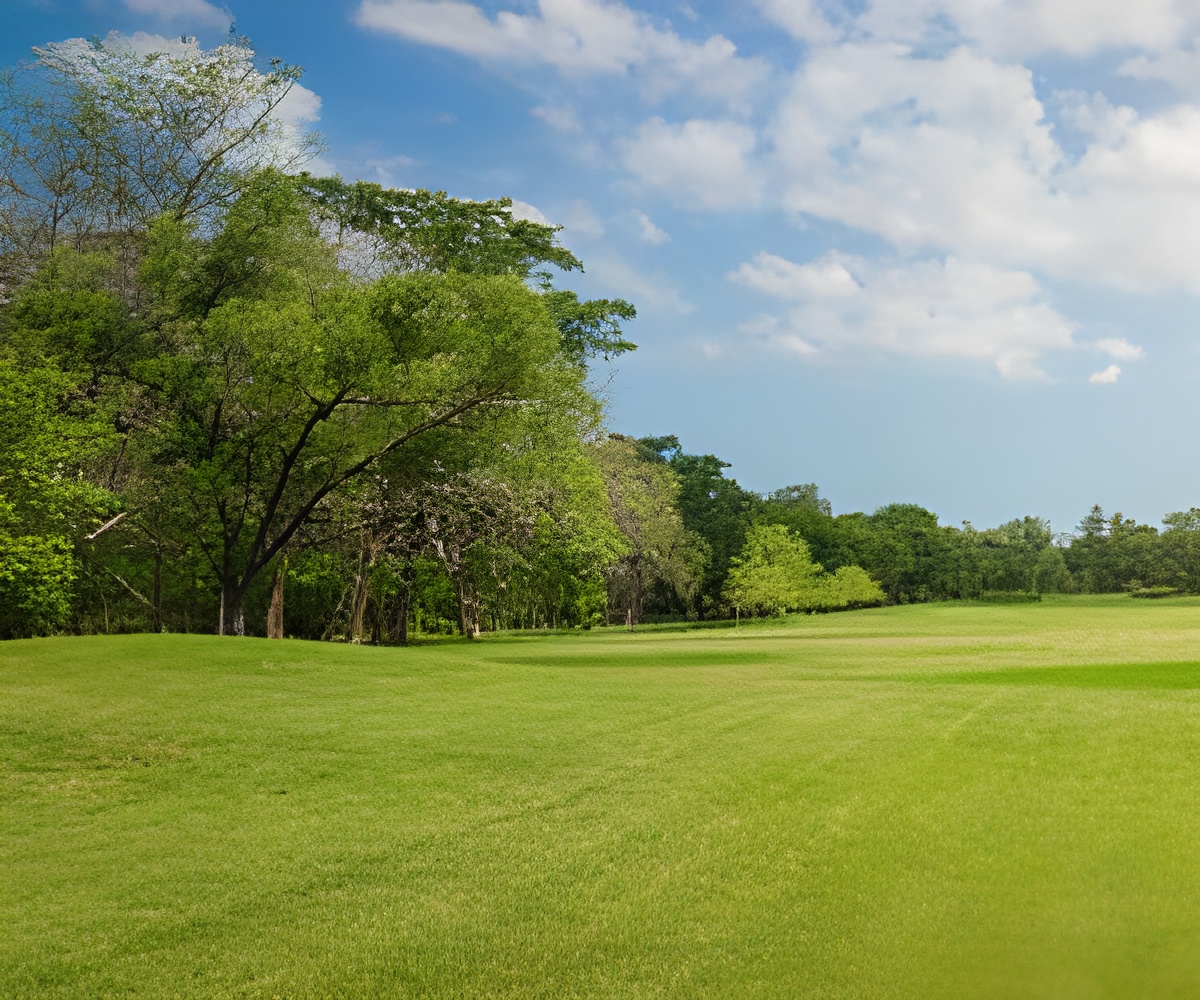Study shows that more number of street trees around the home may reduce the risk of depression in individuals.

A German research team conducted a similar study by adding an objective indicator - prescriptions of antidepressants. They aimed to find out if street trees dotting the neighborhood sidewalks could positively influence mental health.
They focused on the number, type, and proximity of street trees to home and how these correlated to the number of antidepressants prescribed.
Data from almost 10,000 Leipzig inhabitants were analyzed. Along with this, data on the number and species of street trees was also used. Other factors that are known to be associated with depression, such as employment, gender, age, and body weight, were also controlled.
Findings showed that more trees immediately around the home (less than 100 meters) was associated with a reduced risk of being prescribed antidepressant medication.
Deprived groups were found to be at the greatest risk for being prescribed antidepressants in Germany. Researchers suggest that more street trees in cities can serve as a nature-based solution for improving one’s mental health for such groups. Along with this, the 'gap' in health inequality between economically different social groups can also be reduced with street trees' help.
There was no association found between tree types and risk of depression.
Dr. Melissa Marselle, lead author, says “Our finding suggests that street trees - a small scale, publicly accessible form of urban green space - can help close the gap in health inequalities between economically different social groups. This is good news because street trees are relatively easy to achieve, and their number can be increased without much planning effort."
Marselle hopes that the research will prompt local councils to plant street trees in urban areas equally to ensure that socially disadvantaged individuals have equal access to receive its health benefits.
"Importantly, most planning guidance for urban greenspace is often based on purposeful visits for recreation," adds Dr. Diana Bowler, data analyst. "Our study shows that everyday nature close to home - the biodiversity you see out of the window or when walking or driving to work, school, or shopping - is important for mental health, especially now in times of the COVID-19 lock-downs.”
Senior author Prof Aletta Bonn explains that adding street trees in residential urban areas will promote mental health and contribute to climate change mitigation and biodiversity conservation. She adds "To create these synergy effects, you don't even need expensive large-scale parks: more trees along the streets will do the trick. And that's a relatively inexpensive measure."
"This scientific contribution can be a foundation for city planners to save and, possibly, improve the life quality for inhabitants. Therefore, this aspect should be taken into account when city areas are recreated and planned." adds Prof Toralf Kirsten from Leipzig University.
Source-Medindia












